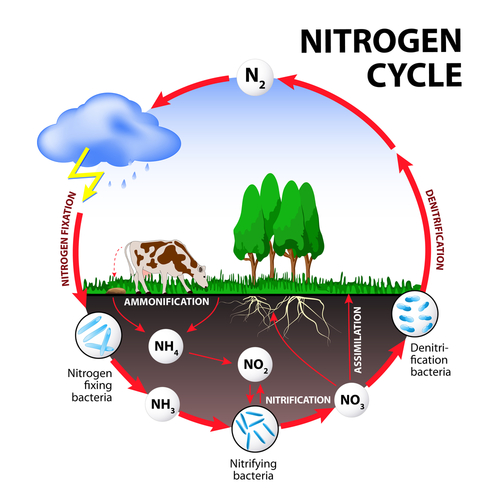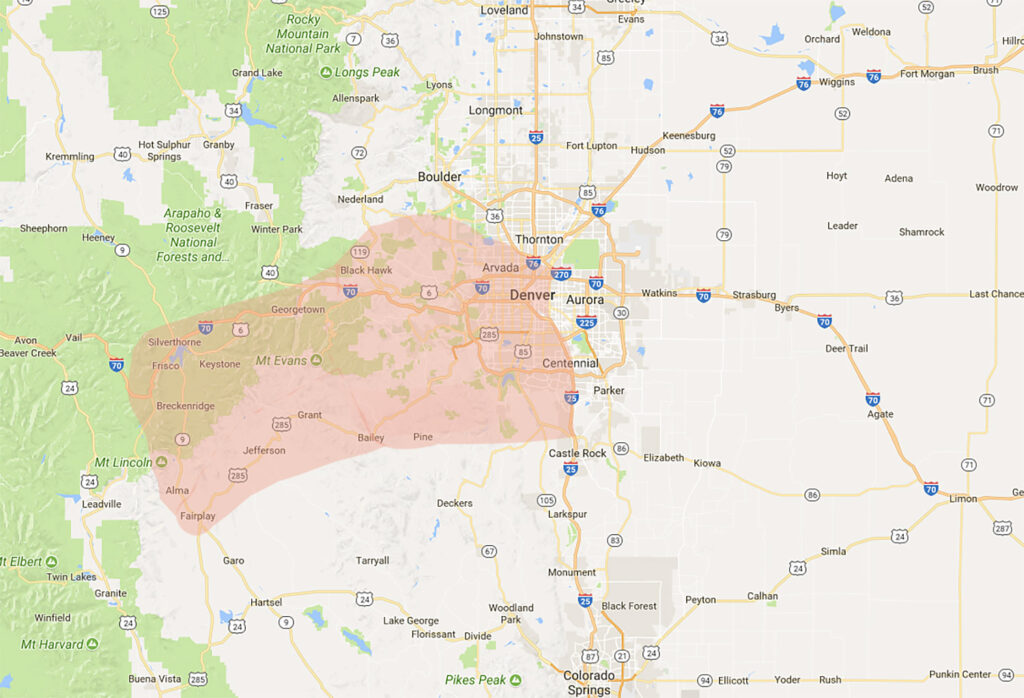Nitrates

By Mike Temple, GeoWater Services
Nitrate is a nitrogen-based chemical that is very commonly found in well water. Nitrate contamination is indicative of fertilizer run-off, animal waste (particularly from large feedlots), and septic tank waste. Typically, wells in areas of farming/agriculture and wells in areas with many older septic systems are at the most risk for nitrate contamination.
Nitrate is a contaminant that is known to affect human health. The risks are greatest for infants and fetuses; where high nitrate levels have been known to be fatal. Nitrate causes a blood disorder, called methemoglobinemia, or “blue baby syndrome.” Symptoms in infants are shortness of breath and blue-tinged skin. Nitrate is also thought to be carcinogenic (cancer-causing) if levels are above 10 mg/L. The risk for cancer is over the long-term, but the threat to infants is over the short term.
It is recommended that owners of private wells test for nitrate annually (usually coinciding with coliform bacteria check.) This testing can give the owner a baseline on the quality of the well water and may also indicate a possible contamination issue.














